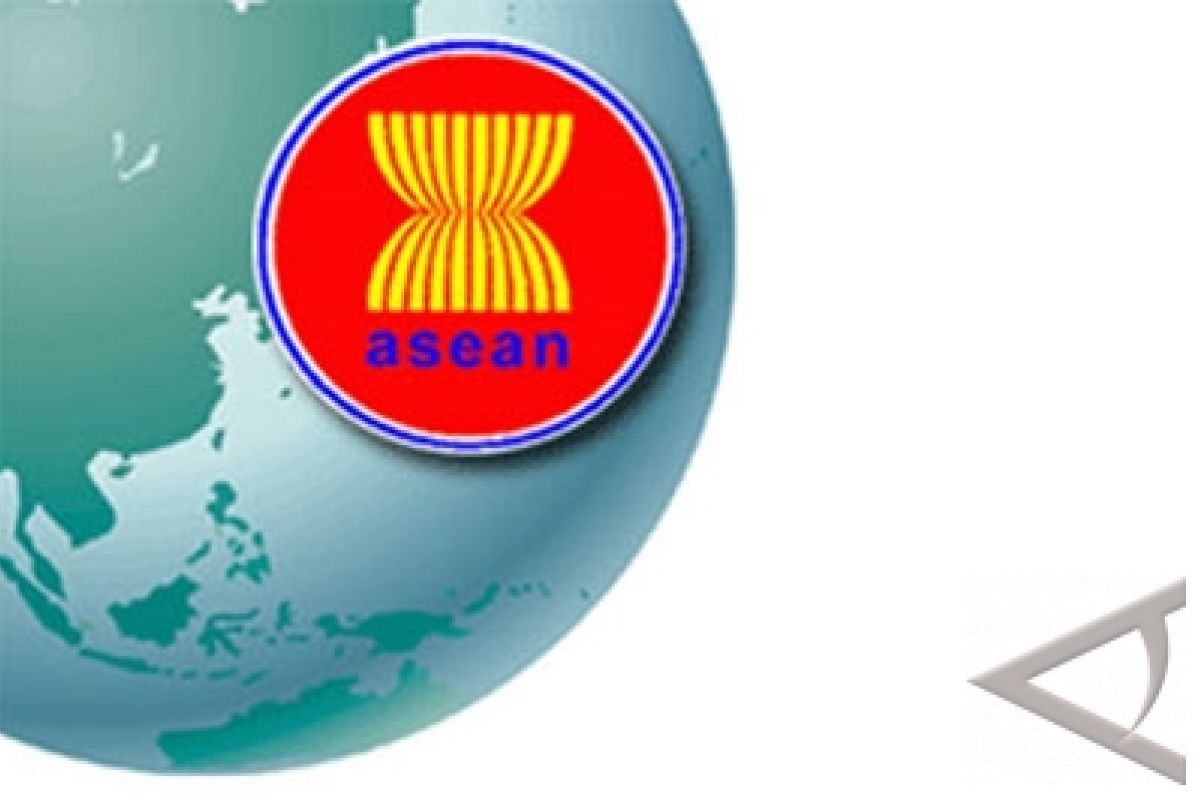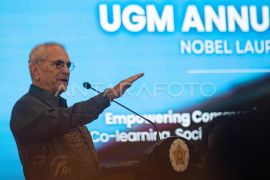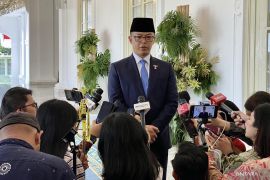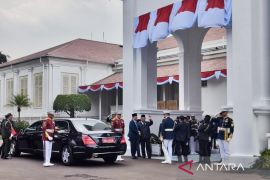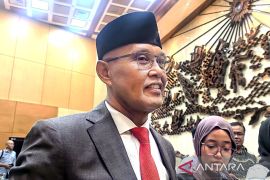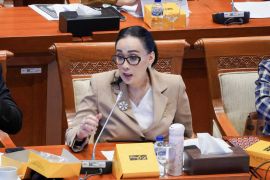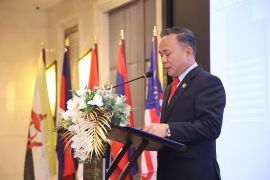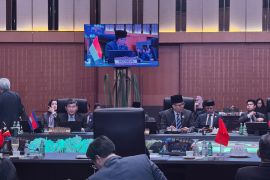"The government needs to maximize its competitiveness by synergyzing the potential of production factors into a lucrative business entity like building health tourism," post-graduate teacher of the Economic Faculty of Universitas Indonesia Sjamsul Arifin said in a seminar on ASEAN Economic Community of 2015 here Wednesday.
He said that in trade liberalization within the context of the ASEAN Economic Community of 2015, health care services are given in four ways.
The four modes include cross-border supply of long distance health care using computer technology and telecommunications, as well as consumption abroad.
He saud three ASEAN countries which provided health care services known as health tourism, namely Thailand, Singapore, and Malaysia.
He said the support of the special quality in the three countries are relatively low service cost, good service quality, and technology of international standard.
The third mode, Sjamsul said, is commercial presence like Singapore which is most aggressive in investment in health care by settin up hospitals in Indonesia , Malaysia, Sri Lanka, and in the UK.
The last mode, he said, is the movement of the supply of individual health services like in the Philippines and Indonesia as the biggest world exporter of nurses.
"The medical personnel of the Philippines reached 87 thousand with the main destinations of Ireland, Kuwait, Libya, Saudi Arabia, the UK, and US. Indonesian medical personnel abroad are mostly in the Middle East and ASEAN," Sjamsul said.
While with regard to doctors, he said, Malaysia, Singapore, and Thailand are the biggest suppliers in ASEAN.(*)
Editor: Ruslan Burhani
Copyright © ANTARA 2011
